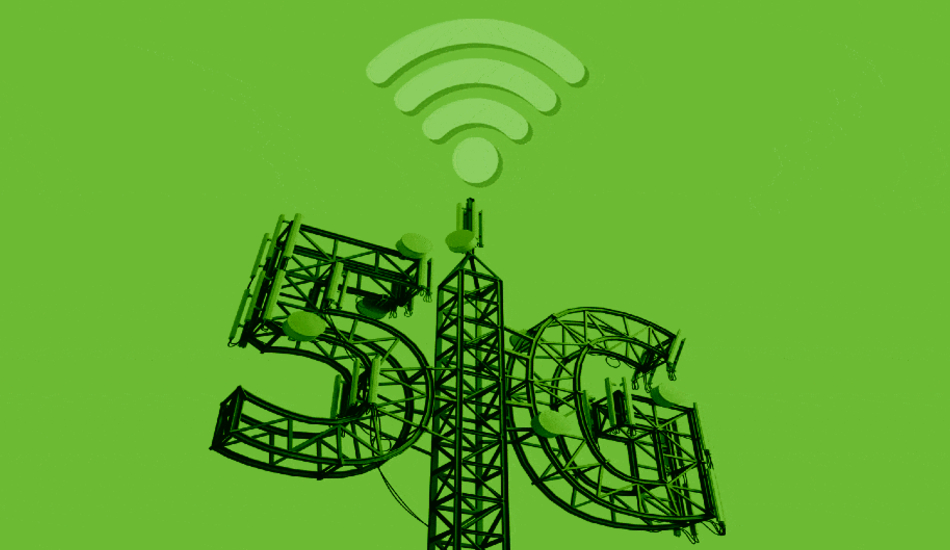The US-China trade war has revolved so much around Huawei than anything else and although the ban on Chinese giant has been slightly eased up, its future for 5G in India remains uncertain as of yet.
A senior government official who spearheads the high-level committee on 5G suggested that India should go into the 5G trials immediately but without any help from Chinese vendors like Huawei. Principal scientific adviser K Vijay Raghavan spoke to Times of India saying India should “go for (5G) trials immediately with all, except for Chinese vendors”.
Raghavan also added that “For China, we should prepare pros and cons for going with them”. What this meant was that India should put safeguards in place for Chinese vendors to participate in the upcoming 5G trials since Huawei is rumoured to be in ties with Chinese political and military establishment and that the same could be used to spy on Indians.
The high-level committee on 5G comprises of officials from the ministries of external affairs, home, telecom and IT, Intelligence Bureau and the Department of science & technology.
The news comes just a week after Huawei asked India to make an informed decision on the upcoming 5G trials, independent of its status with the US. Huawei has also managed to secure 50 commercial 5G contracts outside China, making it the leading 5G equipment supplier in the world. The company has also shipped more than 1,50,000 base stations around the world.
However, if Huawei fails to get permission to compete in the Indian 5G trials, it’ll mean cellular technology in India will soon be replaced by equipment from Nokia, Ericsson and Samsung who are banking on Huawei being excluded from the list of 5G equipment vendors to boost their 5G deals in the country.
Huawei has also mentioned that in case India didn’t let it participate, it’ll be suffering a setback of at least a year in installing 5G. This was indirectly quoted by a Huawei India official who said: “Huawei is 12-to-18 months ahead of the industry on 5G, and can deploy 5G networks in India’s key cities in just a year, given the rapidly maturing 5G ecosystem”.


